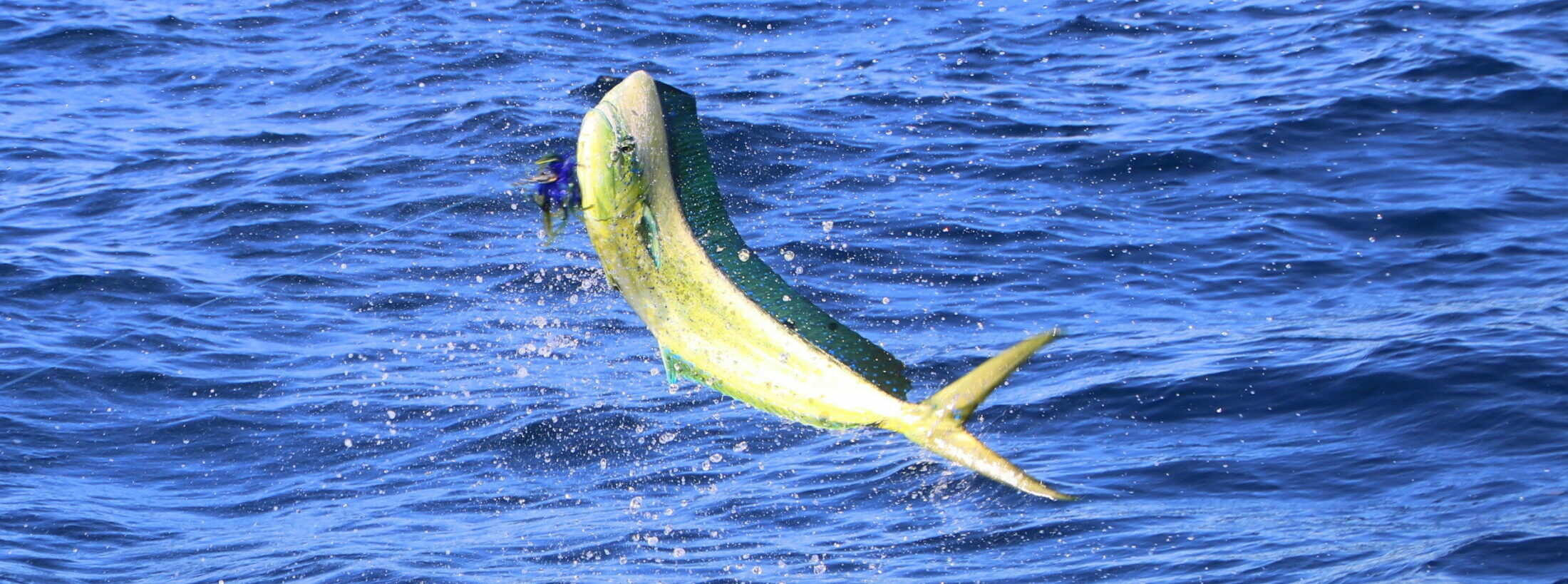In 2012, Hyatt and WWF partnered to support more sustainable seafood sourcing across Hyatt’s global operations and inspire change across international markets by engaging not only Hyatt’s own hotels, but also others across the hospitality sector.
Driven by its purpose – to care for people so they can be their best – Hyatt has worked to improve their seafood sustainability procurement practices, establishing themselves as a strong advocate for change in the seafood industry. More sustainable sourcing of seafood aligns with Hyatt’s Food. Thoughtfully Sourced. Carefully Served. philosophy to serve meals that are good for people, the community, and the planet.
While Hyatt’s commitment to strengthening their seafood supply chains spans their global portfolio of hotels, the pathway to progress against these commitments is not necessarily a one-size-fits-all route. Hyatt colleagues involved in food and beverage offerings at the company’s owned and managed full-service hotels participate in a comprehensive sustainable seafood training program, developed in collaboration with WWF. But Hyatt has also engaged directly with teams on the ground in targeted global markets to better support their efforts to advance the company’s seafood goals. By digging deeper into country-level nuances, Hyatt and WWF worked together in key regions — often those that are either high volume seafood producers, or high volume seafood consumers — and develop market-specific strategies that hotels can act on to better support increased sustainable domestic seafood production and consumption in their own localities.
Starting in 2014 and during the multi-year partnership, Hyatt supported the WWF-Peru mahi mahi Fishery Improvement Project (FIP). Peru is the number one producer of mahi mahi globally, producing approximately 50% of the global mahi mahi catch, which averages about 50,000 metric tons a year and generates between 90-100 million US dollars in exports. For the more than 4,000 fishermen that work in this region, it is the core element of their livelihood and a vital source of income. The fishery also serves as a key link in the marine food chain, providing sustenance for not only people, but sharks, dolphins, and other ocean predators.

In 2016, Hyatt, along with other businesses, participated in a three-day workshop in Peru to review the status, progress, and key issues with the Peru mahi FIP, and how industry can help to advance the project. Hyatt was able to visit the fishery, and to talk with fishermen and see first-hand how their contributions have supported improvements on the water. Since then, a considerable amount of progress has been made toward ensuring the sustainability of the fishery and improving the quality of life for local fishing communities.
In December 2019, the Peruvian government approved a National Plan of Action for the Conservation of Sea Turtles, which WWF-Peru helped to develop, which aims to reduce bycatch of endangered marine turtles in the mahi mahi longline fishery by strengthening government inter-institutional monitoring and management to ensure fishers use bycatch reduction techniques. To better define the boundaries of the Eastern Pacific Ocean stock and to promote sustainable practices, the Peruvian Institute of the Sea is working with processors to conduct genetic sampling of mahi mahi. In addition, the Peruvian Navy is piloting the use of TrazApp, WWF’s mobile electronic catch documentation system, to better monitor the permitting process, as well as departure and arrival of fishing vessels. TrazApp is also being tested by the Ministry of Production for integration with a traceability system that tracks products from the processing plant to export which would allow products to be digitally traced along the entire supply chain.
Additional priority activities that are expected to occur include: developing mahi mahi fishery management regulations to implement the National Mahi Mahi Action Plan issued in 2016; training fishers to reduce sea turtle bycatch; working with authorities to speed up the permitting process for unlicensed mahi vessels; continuing to scale up the use of TrazApp with fishers, landing sites, government, and processors; and working with the Peruvian government to agree to a binational action plan with Ecuador to jointly manage mahi mahi.
Thanks to the support from Hyatt and other businesses, the fishery continues to improve fishing practices and management to increase its performance and help it meet the requirements of the MSC standard.
To learn more, visit https://about.hyatt.com/content/dam/hyatt/woc/WWFReport.pdf.
View our bank of case studies, to discover other examples of best practice from the hospitality industry, on the path to Net Positive.
